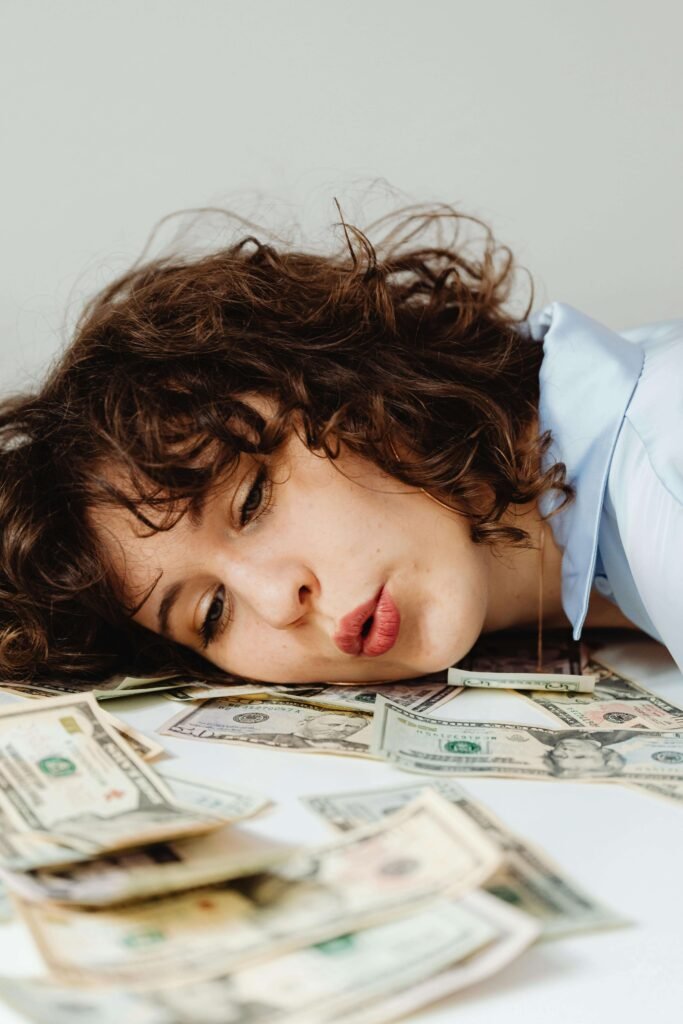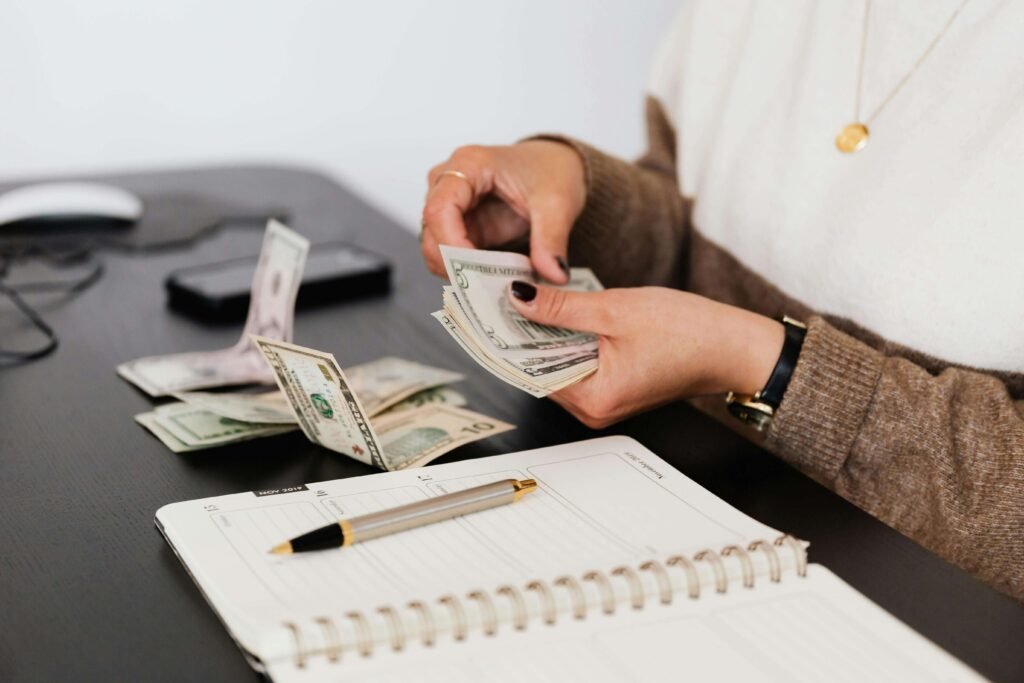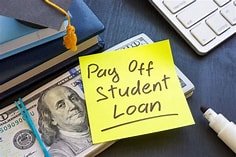
Yep, paying back debt is hard, but it can be done, yep. I got my first credit card in my 20s and remember the thrill of making purchases. Unfortunately, I was always charging, never quite paying off the balances, but always charging something, yep.
In my 40s, after years of accumulating debt, I finally paid them off. However, I didn’t develop the discipline to close the accounts or to stop charging. This pattern only added to the chaos, especially when I took out student loans to finance my undergraduate degree.
Yep, it’s important to acknowledge the challenges that come with managing debt.
By 57, I was exhausted from making monthly payments. I sat down one evening, reflecting on my financial choices, and embarked on a quest to eliminate my credit card and student loan debt.
I realized, yep, that accountability is key in this journey of repayment.
I considered various ways to tackle the debt. Filing for bankruptcy crossed my mind, but that didn’t sit well with me. I understood that I was responsible for this financial mess. It was about taking accountability for my mistakes. I concluded that, yep, I gotta pay it back. I borrowed it, and now I need to pay it back, one step at a time. This mentality motivated me to explore practical strategies for managing my debt.

Yep, using Dave Ramsey’s snowball method gave me the clarity I needed.
Yep, celebrating these victories helped keep my spirits high.
Yep, this unexpected turn allowed me to stay focused on debt repayment.
Yep, every interaction I had about debt taught me valuable lessons.
My Total Debt to Payoff
When I calculated my debt, the total came to approximately $110,000. At first, I thought to myself, I’ll never be able to pay that off. Using Dave Ramsey’s snowball method, I listed all of my debts from smallest to largest. This method provided clarity, and after totaling everything, I realized my student loans would be at the end of my debt snowball, allowing me to focus on smaller debts first.
Yep, sharing my experiences has also helped others understand the importance of managing loans.
Yep, every extra dollar counts toward being debt-free.
Yep, each step I took has been a building block toward financial freedom.

Starting in January 2018, I began paying off my first major credit card. Cutting out all unnecessary spending and budgeting became my new normal. I paid off the first credit card by November 2019, which was no small feat, as the balance was approximately 16k. Celebrating small victories along the way kept me motivated. Now, I was ready to tackle my next challenge: the second credit card.
In January of 2020, I started the same process with my second credit card. Just as I was gaining momentum, the pandemic hit in March 2020, and student loan payments, along with interest, were halted. I redirected the funds I would have used for my student loans to pay down my second credit card. This unexpected turn of events accelerated my payment cycle, and I was able to complete the second card by January 2021. Each payment reinforced my commitment to becoming debt-free.
Yep, I’m committed to being free of this burden.
Yep, changing my spending habits has been crucial in this process.
Yep, I’m now more responsible with each purchase I make.
Student Loan Payback
Every extra dollar counts. Any extra money I receive, whether from side gigs or bonuses at work, gets put directly toward the loans. This approach not only reduces my principal faster but also keeps me motivated.
Now I’m at a stage where I can focus on my student loans. I had a total of twelve loans, which felt overwhelming at first.
In 2020, I used the stimulus checks to pay off two of my smallest loans, a strategic move that boosted my confidence. I’m very grateful that the interest was frozen during this time. It allowed me to dig in further and pay off more loans.
At this point, I’m down to five loans, and I can see the light at the end of the tunnel.

Yep, Changing My Spending Habits
Yep, surrounding myself with positive influences keeps my motivation high.
Yep, the rewards of being debt-free are always worth the effort.
This realization has taught me to think about my purchases more carefully. Instead of making reactionary purchases, I now take a moment to evaluate whether I truly need an item or if it’s just a passing desire.
This practice has saved me money and helped me prioritize my financial goals.
I never want to be burdened with debt again in my life. When I signed up for a loan or credit card, I agreed to the terms, so I’m responsible for repaying the debt. It has taught me to think about things that I want a little longer, rather than make reactionary purchases.
Sharing the Journey
When I first started paying off debt, I told some family and friends about my journey. I thought it would encourage them to do the same, but that wasn’t the case. I received eyerolls, silence, and confusion about why I would choose this path. Eventually, I learned that sometimes it’s better to keep my financial plans to myself unless someone asks. It allows me to focus on my journey without distractions or negativity.
Things to Consider
Reflecting on my journey, I realize that each step I took was a building block toward financial freedom. I learned that accountability, discipline, and a clear plan are crucial.
Surrounding myself with supportive resources, such as financial books and podcasts, has also played a significant role in keeping me motivated. As I continue this journey, I hope to inspire others to take control of their finances, too.
Remember, the path may be tough, but the rewards of being debt-free are worth every effort. Yep, it’s a journey worth taking.
As you embark on your own journey to becoming debt-free, consider the following questions. Are you ready to be debt-free? Take a moment to reflect on your motivations and goals.
- Who is responsible for the debt that you’ve incurred?
- What steps are you going to take to get out of debt?
- Have you set a timeline for becoming debt-free?
- What sacrifices are you willing to make to achieve this goal?
- How will your life improve once you are debt-free?
Some books to check out regarding finances and debt are:
Dave Ramsey: The Total Money Makeover
Hill Harper: The Wealth Cure
Glinda Bridgworth: Girl, Get Your Money Straight